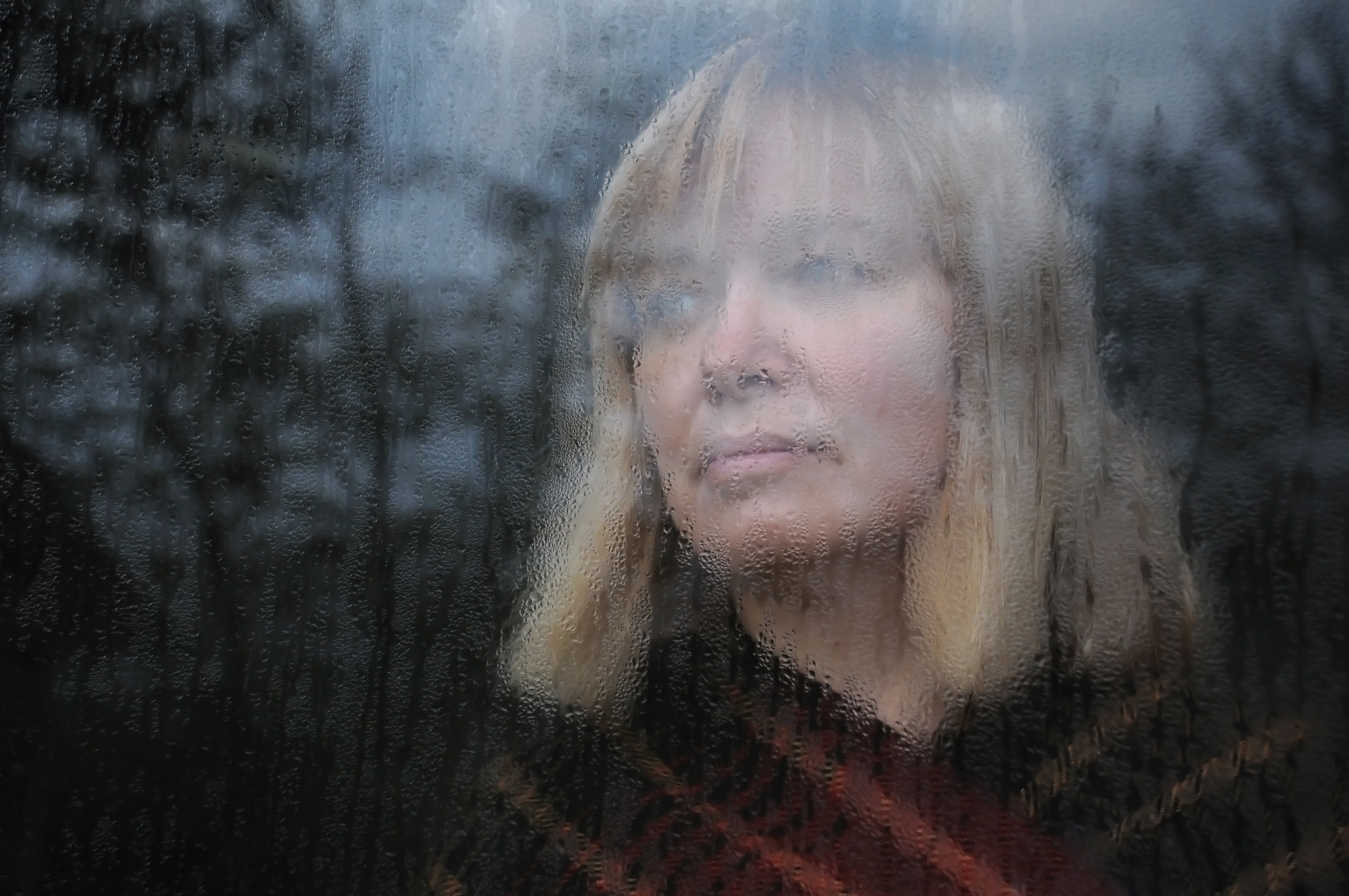Dissociative experiences fall along a spectrum. We are all capable of “spacing out” or letting our minds wander, but some people experience episodes that are more extreme and may interfere with their ability to function.
Counseling for Dissociation

WHAT IS DISSOCIATION?
SYMPTOMS OF DISSOCIATION
Below is a list of symptoms someone may experience if they dissociate. This list is adapted from the Dissociative Experiences Scale (DES).
- You may sometimes find yourself in a place and have no idea how you got there.
- You may sometimes find yourself dressed in clothing that you don’t remember putting on.
- You may not remember important events from your life.
- You may look in the mirror and not recognize yourself.
- You may experience a feeling that other people and the world around you are not real.
- You may sometimes become so involved in a fantasy or daydream that it feels as though it is really happening to you.
- You may find that you are sometimes able to ignore pain.
- You may find that you sometimes sit staring off into space, thinking of nothing, and are not aware of the passage of time.
- You may find evidence that you have done things that you do not remember doing.
TREATING DISSOCIATION
People who have experienced traumas often become experts at compartmentalizing. Someone might compartmentalize memories in order to avoid internal reminders of horror they have experienced. Someone might unconsciously split off parts of themselves in order to make sense of their experiences and to be able to survive a traumatic situation. Additionally, some people have experiences where they feel separated from their bodies or separated from reality as the result of trauma.
I help people with dissociative disorders, including depersonalization, derealization, dissociative fugue, and dissociative identity disorder, to understand what they are experiencing and cope with the distress that often accompanies these disorders. Over time, we work to integrate these experiences so that they may feel whole again.
